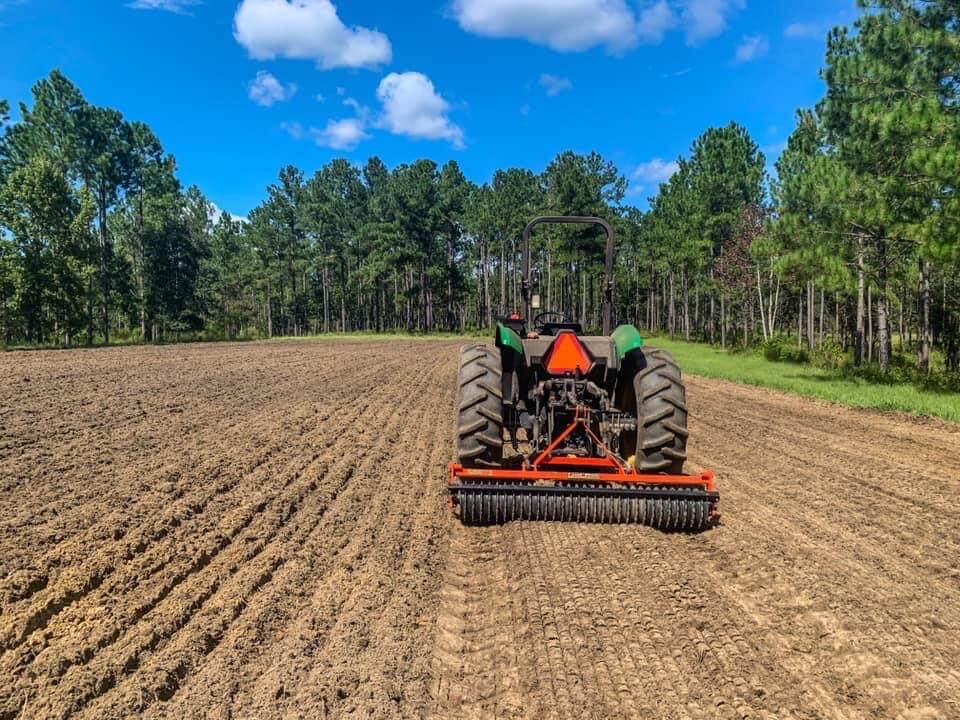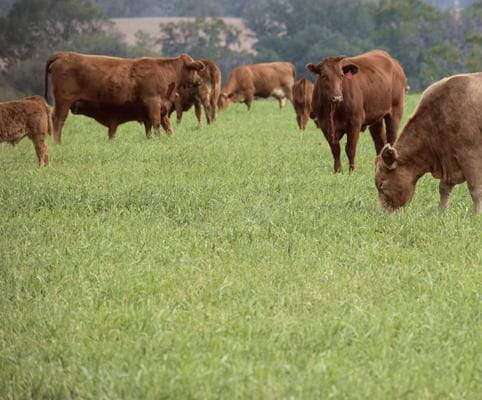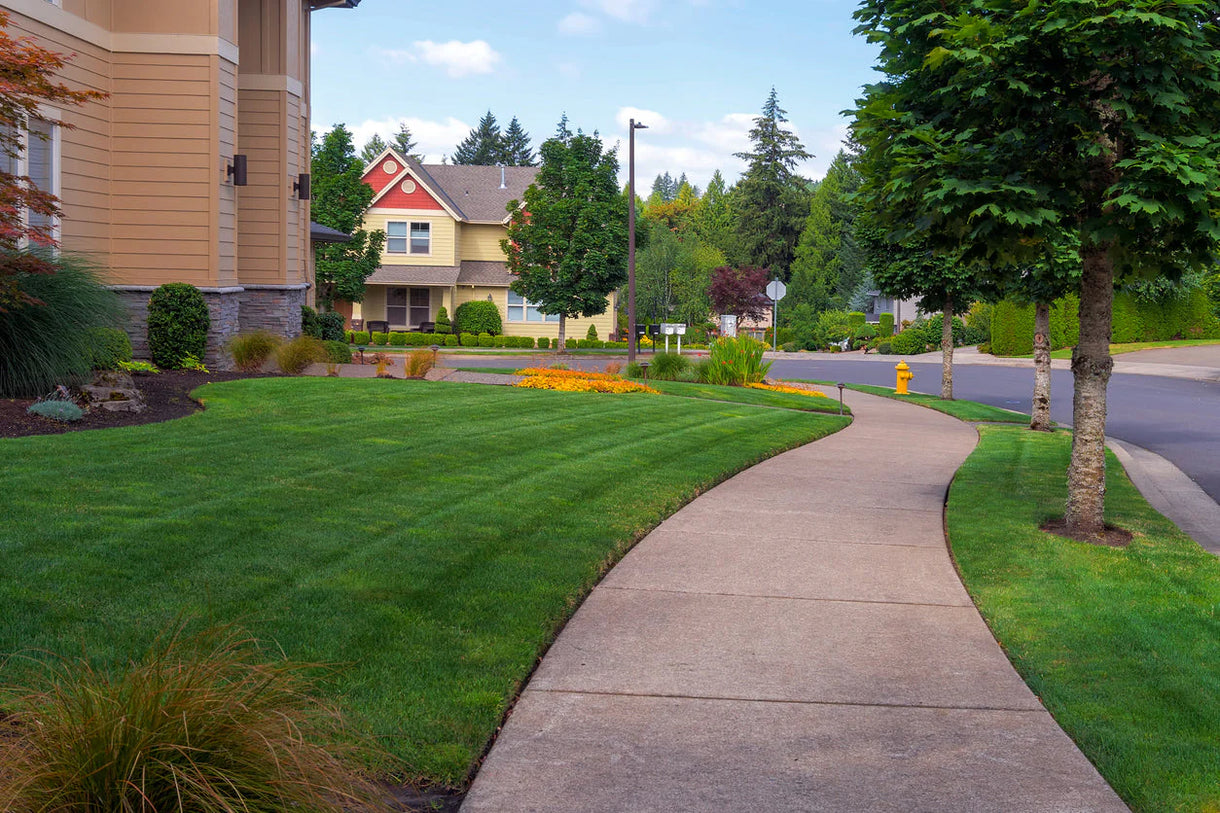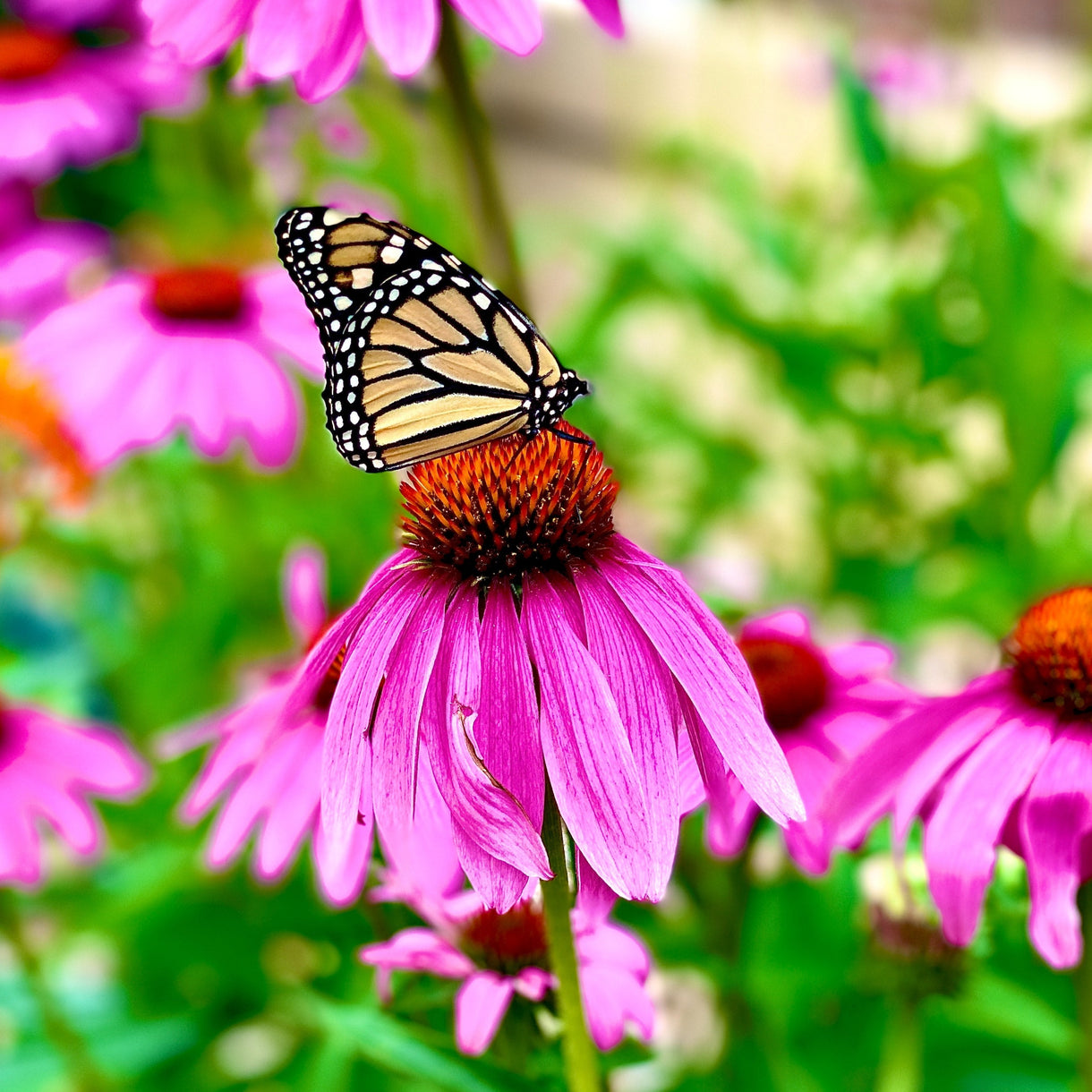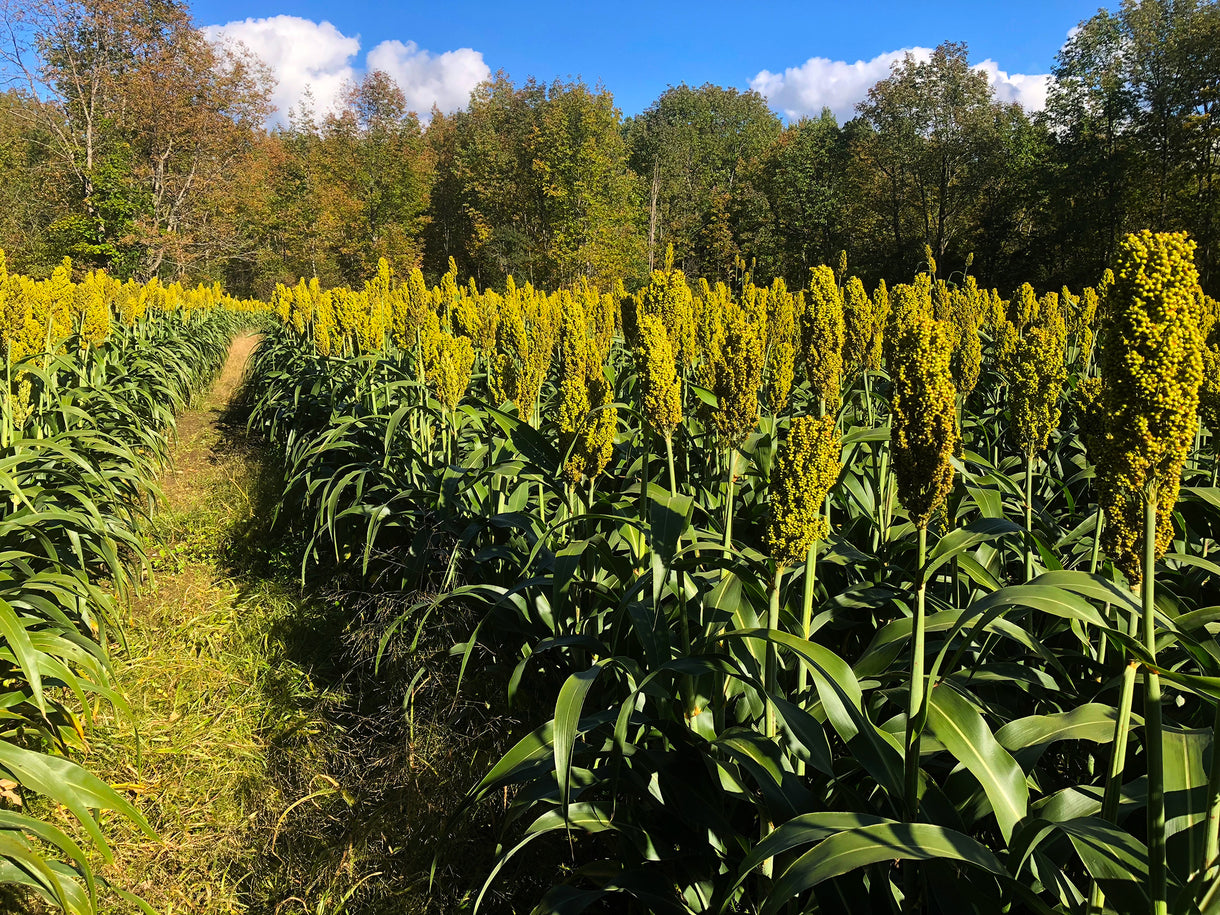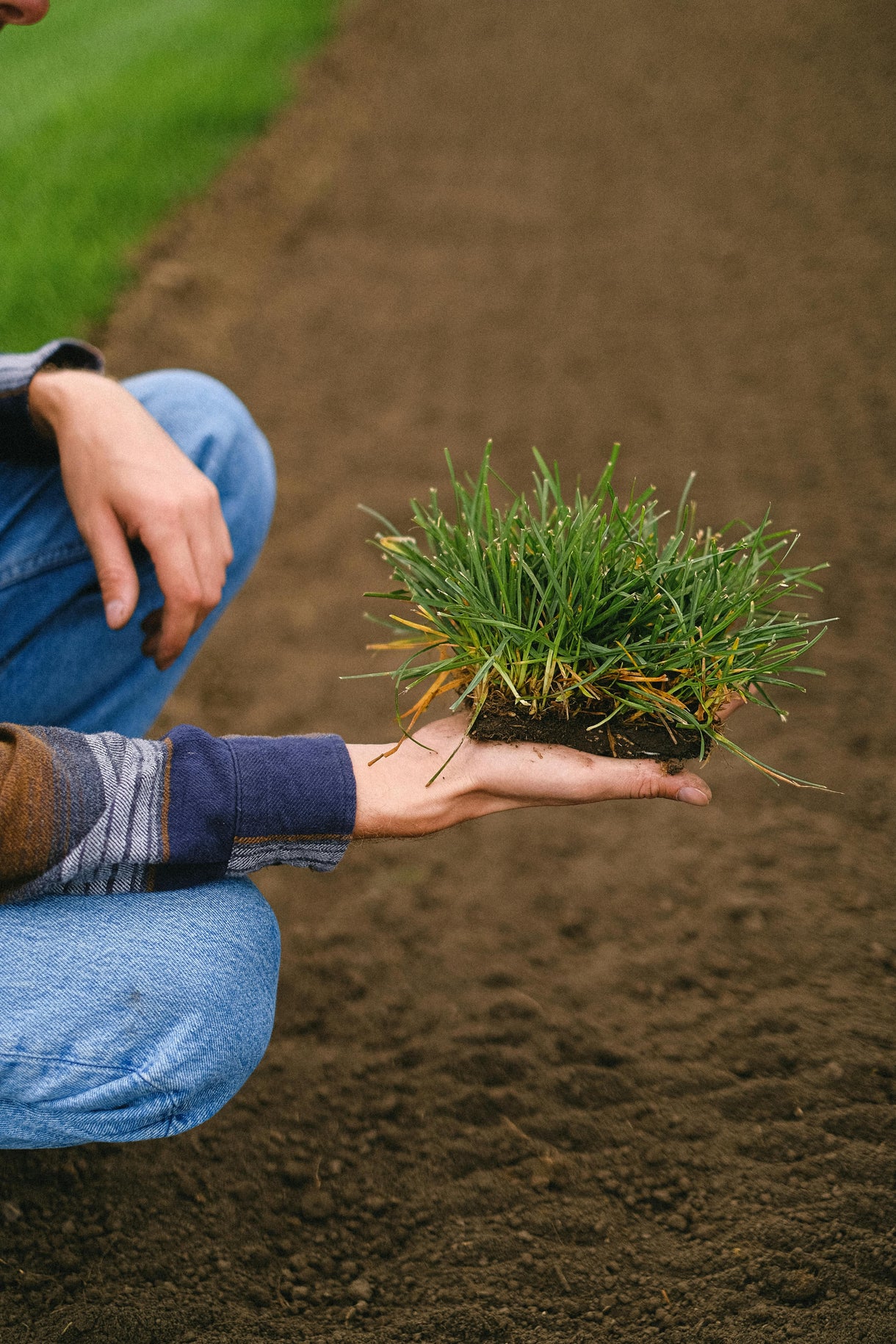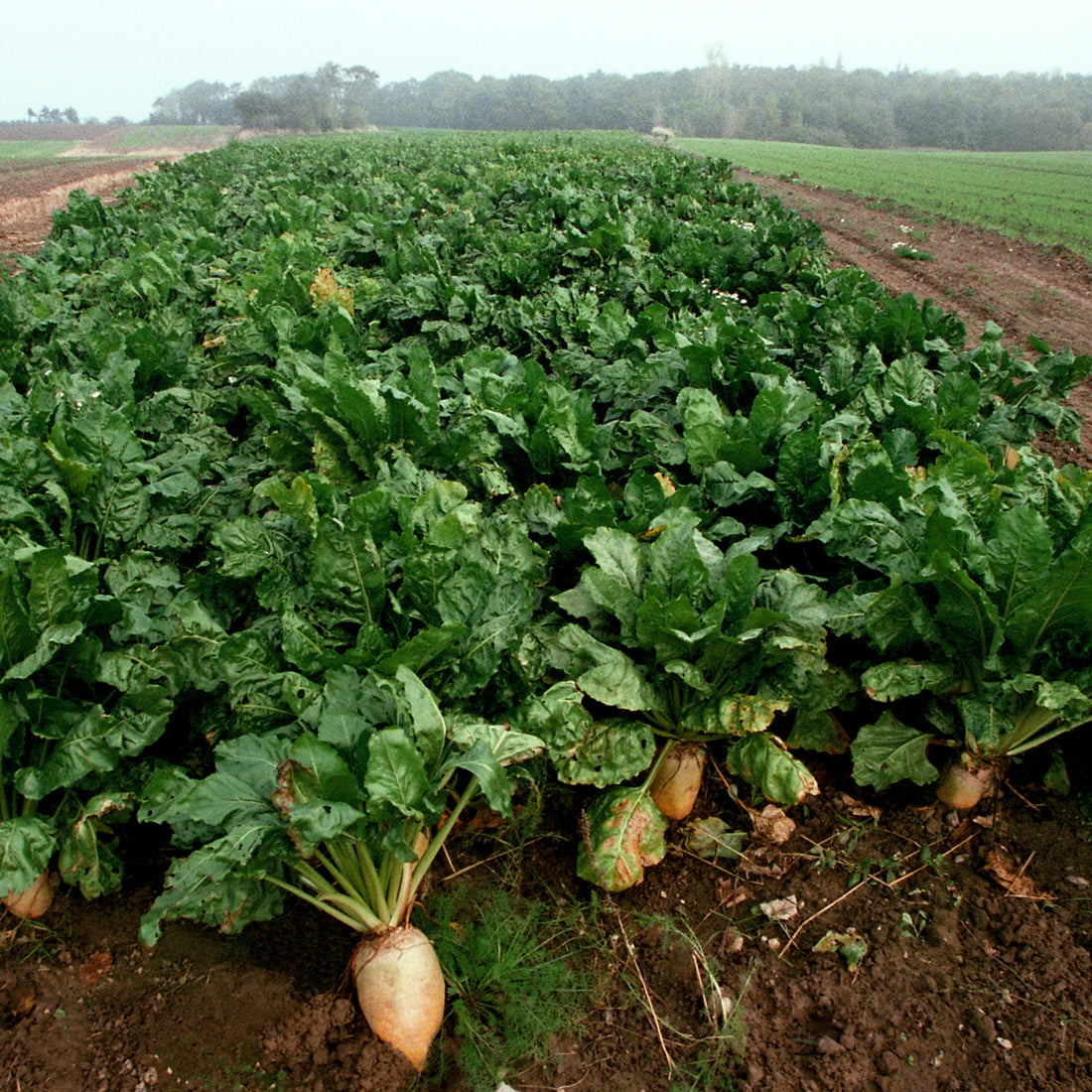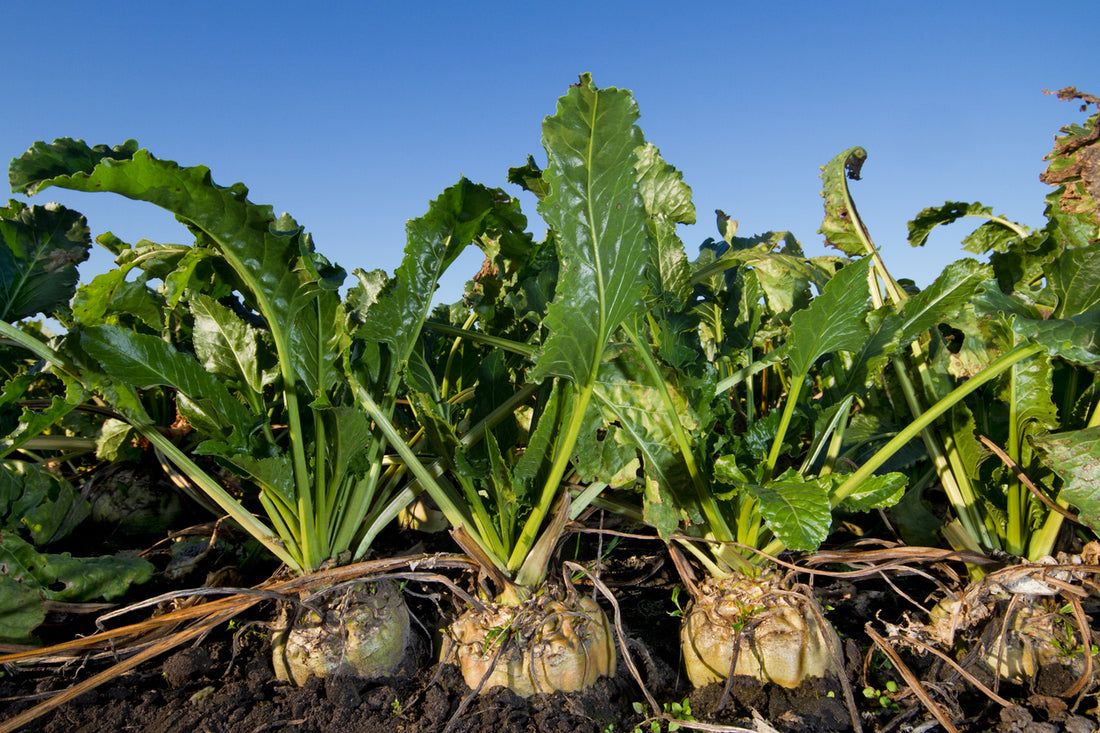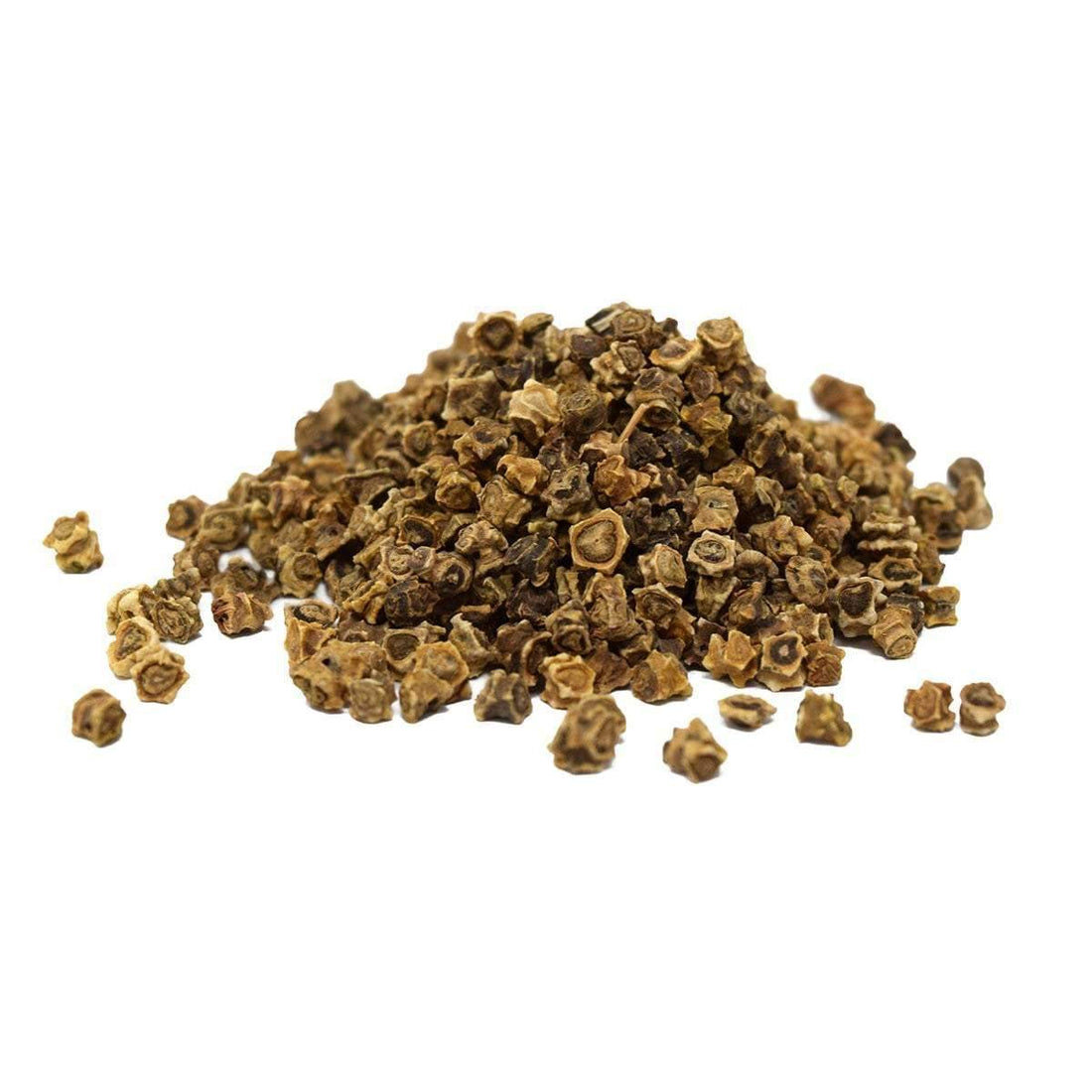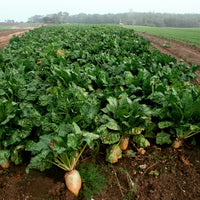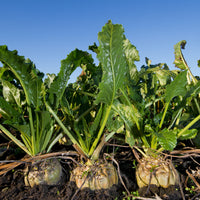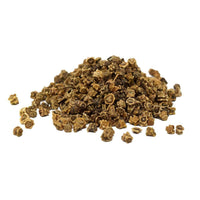Popular Products
Popular Products

Seed Quality
Hancock Seed is dedicated to delivering the best seeds possible to our customers. Hancock Seed grows and harvests many of our products, and we acquire the majority of the rest from other family farmers.
All these seeds are processed, packaged and shipped from Hancock Farm. This helps us ensure that our high standards are met. Unlike much of the competition, we refuse to sell you a seed that was not gathered during the last harvest. You will always receive fresh product from Hancock.
Every seed we grow comes with 40 years of experience behind it...you can rest assured that all of our products are cultivated in a method that assures its potential for growth.
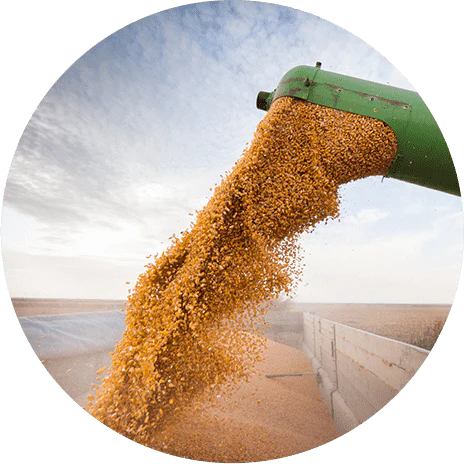
Your cart ( 0 )
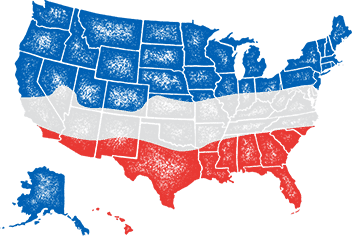
Sugar beets are a good addition to your food plot; not a single source food plot. Sugar Beets grow well mixed in with many other food plot selections. Sugar beets provide plenty of energy to deer in the fall (Sugar Beet root are 25 to 30% fructose or sugar). The energy is converted to fat stores in the body of the deer.
Product Information
- Application or Use: Food Plot, Cover Crop
- Germination Time: 7 - 14 days, under optimal conditions
- Growing Locations: Warm Season, Transition Zone, Cool Season
- Height: Up to 12 inches
- Sunlight Requirements: 6 - 8 hours
- Advantages: Provides high amounts of energy and protein to wildlife in Fall.
- When to Plant: Recommended planting time is spring, fall and winter when night time temperatures are consistently below 65 degrees.
Product Detail
- Good for food plots
- Highly palatable
- Solid food source for deer
- Grown for sugar production
- Adapted to a wide range of soils
Product Information
Sugar Beets have recently become a popular new addition to food plots for deer. Remember: Deer are browsers, and naturally enjoy variety in the wild, and a food plot should provide variety. Sugar beets have been commercially grown for sugar production for many, many years but only recently been used as an addition to food plots.
*Product packaging may appear different than what is pictured.
Sugarbeets may be planted anytime, as long as the nighttime soil temperature is 60 degrees or above.
Spring Planting: March 15th through June in the South
April 1st through June in the Transition Zone
Fall Planting: September 1st through October 30th in the South
July 15th through August 30th in the Transition Zone
Prepare a good seed bed with a disc harrow or plow. Drag the area with chain link fence or large pipe to smooth and level the surface.
Spread 100 lbs. of 16-4-8 or equivalent fertilizer per acre. Spread 10 lbs. of Sugar Beet seed per acre, or 5 lbs. per acre if mixing with greens, Turnips, Kale, Daikon Radish, Alyce Clover, Joint Vetch or other food plot seed.
Drag the fertilizer and seed in with chain drag to lightly cover the seed up to 1/2 in. deep. Germination may take a few weeks if it doesn't rain, and covering the seed is necessary to keep birds from eating the seed.
Instructions
When choosing to start a new lawn, remove old vegetation by using a de-thatcher, power rake or tiller to kill the existing vegetation. Rake or drag the area to remove debris and dead grass for a clean area. Ensure the soil is leveled and loosened to allow the seed to have good soil contact once spread on a clean seed bed.
If you have an area with heavy weed coverage, we recommend starting fresh by killing and removing the existing vegetation. If you choose to use chemicals, herbicides or fertilizers, you must check with the product's manufacturer prior to planting new seed to ensure the proper waiting period.
When overseeding an existing area, mow your lawn at the lowest setting and bag the clippingsx. Rake or drag any areas that have dead thatch or debris.






